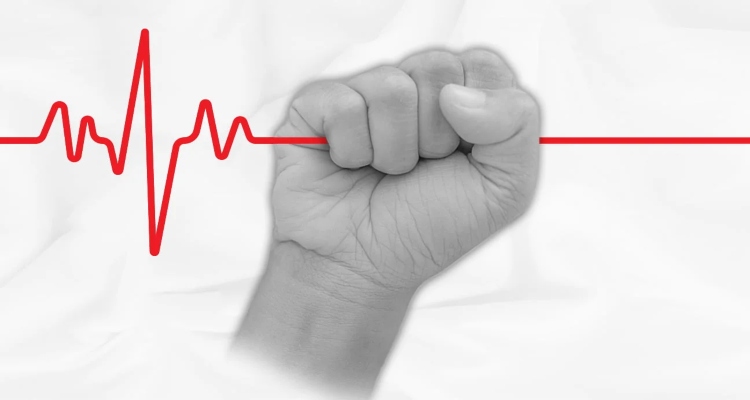
The Delhi High Court has recently declined to order the formation of a medical board to examine the possibility of euthanizing (mercy killing) a man who has been in a permanent vegetative state for over a decade.
A single bench of Justice Subramonium Prasad dismissed the plea filed by 30-year-old Harish Rana, noting that he is not being kept alive mechanically and is able to sustain himself without additional external aid.
“The petitioner is thus living, and no one, including a physician, is permitted to cause the death of another person by administering any lethal drug, even if the objective is to relieve the patient from pain and suffering… While the Court sympathizes with the parents as the petitioner is not terminally ill, this Court cannot intervene and allow consideration of a prayer that is legally untenable,” the Court stated.
Rana’s parents had approached the High Court seeking directions to form a medical board to assess his condition for the potential administration of euthanasia. Rana, a student at Punjab University, sustained head injuries after falling from the fourth floor of his paying guest house. He has been bedridden since 2013 and has not responded in the last 11 years. Additionally, he has developed severe bedsores, which have led to further infection.
The Court was informed that his parents have lost all hope for his recovery and are struggling to care for him due to their advancing age.
Th judge referenced the Supreme Court’s judgment in Common Cause v. Union of India, which holds that active euthanasia, or mercy killing through the administration of external drugs, is legally impermissible.
“In view of the above, this Court is not inclined to accept the request of the petitioner to refer him to a medical board to consider whether he can undergo passive euthanasia. Accordingly, the petition is dismissed along with any pending applications,” the Court concluded.




